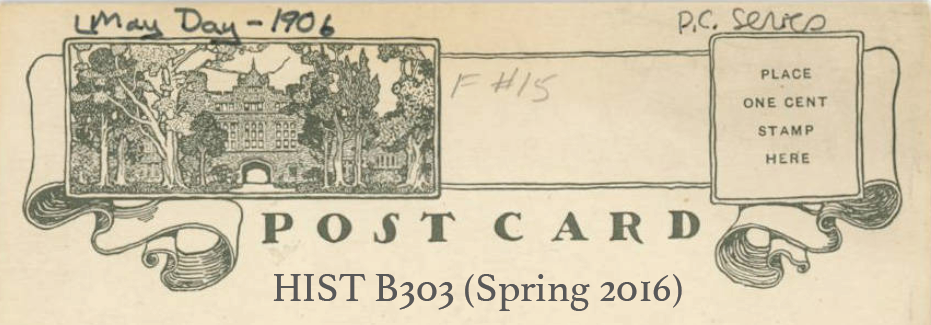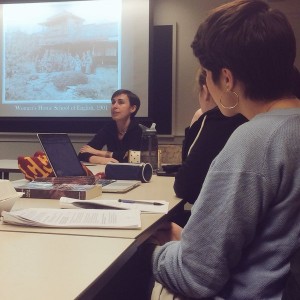“Patricidal Memory and the Passerby” by Rebecca Schneider
In another class, I had to read this really, really interesting piece by Rebecca Schneider. We talked about it briefly in class, but her piece talks a lot about the interaction between the monument and the onlooker. It was super insightful. I really recommend looking at it!
http://sfonline.barnard.edu/ps/schneide.htm
Black Liberation 1969
I really liked browsing through the Black Liberation 1969 Archive. I found the interactive 1969 Mapping the Sit In quite useful (I also am really curious as to how to do that on Omeka??). It took me a little bit to find out the events in chronological order to be honest, but it was a really neat idea regardless. Luckily, the Timeline of Events was a bit easier for me to understand and navigate.
One thing that really shocked me what the FBI surveillance of the black student population of Swarthmore College. I supposed that I hadn’t even considered the FBI’s involvement until I browsed the collection. A part of me is terrified that this ever existed, but the other part of me is really happy that the physical evidence is able to be displayed on a accessible medium that can be used to educate other people.
I suppose it bothered me that this event happened so close to us, and impacted so many people, and yet this is the first time I’m ever hearing about it. I’m not sure why this is, because it seems to me that this was a very significant event, but I’ve never studied it in class, and I haven’t heard any students on campus talking about it. I recognize that it happened quite some time ago, but I think an event like this would be hard to forget, and would even be passed from generation to generation. This opens up other questions about the passage of memory, the transmission of information, and what events are deemed important enough to pass on.

